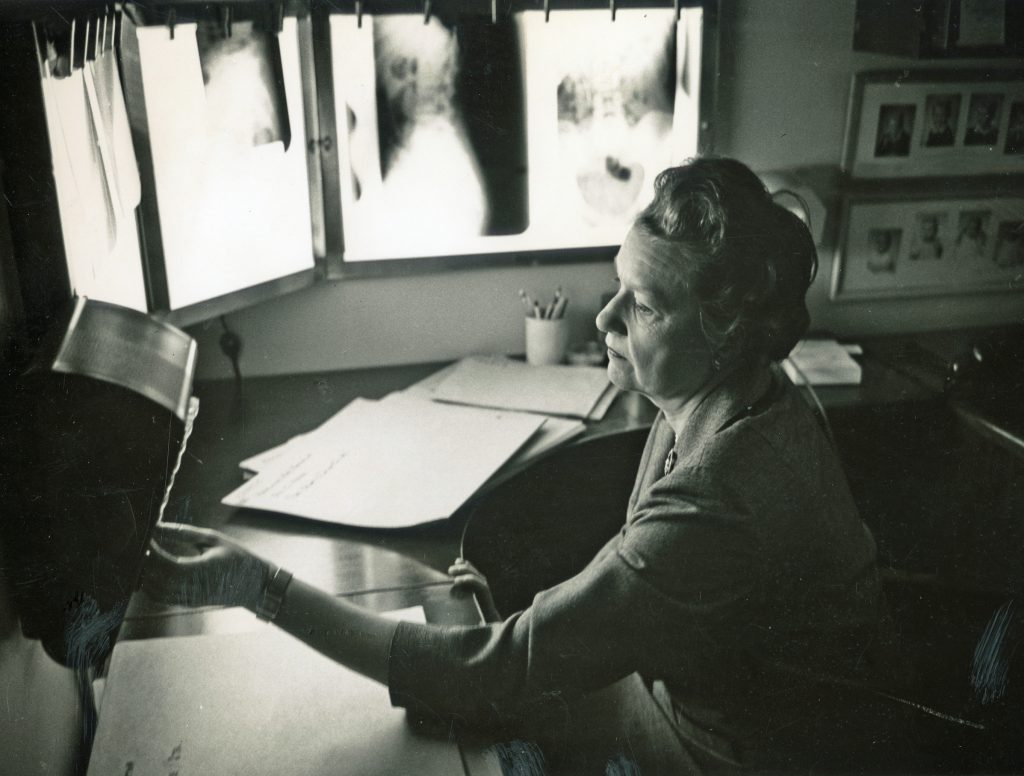Here are 6 Canadian women—named Elizabeth, or called by one of its diminutives—whose achievements have left a lasting impact on the nation: #OCanada
1. Betty Fox (née Betty Lou Wark, 1937–2011)
Born: July 25, 1937, Winnipeg, Manitoba; of Métis heritage
Grew up: Rural Manitoba
Contribution: After her son Terry Fox’s heroic Marathon of Hope and tragic passing in 1981, Betty became a guiding force behind the Terry Fox Foundation. She championed cancer research fundraising for over 40 years and helped steer the annual Terry Fox Run into a global event, raising hundreds of millions of dollars. She remained active in leadership until her death in 2011
Terry Fox Day is celebrated on the 1st Monday in August (August 4th in 2025) and is a 13th Statutary Holiday in the province of Manitoba.
2. Beth Whittall (Elizabeth Whittall, 1936–2015)
Born: May 26, 1936, Montreal, Quebec
Grew up: Montreal region; later lived in Meaford, Ontario
Contribution: A swimming star, Beth won silver at the ‘54 British Empire Games and two golds at the 1955 Pan American Games. Named Canada’s top athlete (Lou Marsh Trophy, 1955), she competed at the 1956 Olympics, founded masters swimming clubs, and promoted lifelong athleticism—earning induction into the Canadian Olympic Hall of Fame shortly after her death
.3. Elizabeth (Beth) Smellie (1884–1968)
 |
| image from www.veterans.gc.ca |
Born: March 22, 1884, Port Arthur (now Thunder Bay), Ontario
Grew up: Port Arthur
Contribution: Known as “Beth,” she was a pioneering military nurse—the first woman to reach colonel in the Canadian Army—serving in both World Wars, and later led the Victorian Order of Nurses. Awarded CBE and the Royal Red Cross, she was also honoured as a Person of National Historic Significance
4. Elizabeth (Elsie) MacGill (1905–1980)
 |
| Canadian Encyclopedia image |
Born: May (approx.) 1905, Vancouver, British Columbia
Grew up: Vancouver
Contribution: The first woman in Canada to earn a degree in electrical (1927) and aeronautical engineering (1929), she oversaw assembly of Hawker Hurricanes during WWII—earning the nickname “Queen of the Hurricanes.” A commissioner on the Royal Commission on the Status of Women (1967–70), she broke significant gender barriers .
5. Elizabeth Margaret (“Beth”) Forbes (1917–1999)
Born: March 25, 1917, Blenheim, Ontario
Grew up: Ontario
Contribution: Chief of Radiology at Toronto’s Women’s College Hospital (1955–75), Forbes co-authored one of Canada’s first mammography papers, making important strides in early breast cancer detection and women’s health care
6. Elizabeth Jane (“Beth”) Underhill (b. 1962)
Born: September 5, 1962, Georgetown, Ontario
Grew up: Georgetown
Contribution: A star on Canada’s international show-jumping team and long-time owner of Beth Underhill Stables (Schomberg, ON). She later became a CBC commentator for Olympic equestrian events, inspiring many in the equestrian sport
These Elizabeths—spanning athletics, military, medicine, aviation, activism, and fundraising—showcase the some of the breadth of Canadian women’s contributions.
Disclosure: AI was using in editing this article.




Comments
Contrary to the official narrative (which is based on medical business-fabricated pro-mammogram "scientific" data), there is marginal, if any, reliable evidence that routine mammography, both conventional and digital (3D), reduces mortality from breast cancer in a significant way in any age bracket but a lot of solid evidence shows the procedure does provide more serious harm than serious benefit (read the books: 'Mammography Screening: Truth, Lies and Controversy' by Peter Gotzsche [https://www.amazon.com/Mammography-Screening-Truth-Lies-Controversy/dp/1846195853] and 'The Mammogram Myth' by Rolf Hefti - see author's synopsis at https://www.rolf-hefti.com/mammograms.html ).
IF........ women (and men) at large were to examine the mammogram data above and beyond the information of the mammogram business cartel (eg American Cancer Society, National Cancer Institute, Komen), they'd also find that it is almost exclusively the big profiteers of the test, ie. the "experts," (eg radiologists, oncologists, medical trade associations, breast cancer "charities" etc) who promote the mass use of the test and that most pro-mammogram "research" is conducted by people with massive vested interests tied to the mammogram industry.
Most women (and men) are fooled by the misleading medical mantra that early detection by mammography saves lives simply because the public has been fed ("educated" or rather brainwashed) with a very one-sided biased pro-mammogram set of information circulated by the big business of mainstream medicine and their allied corrupt pawns in the governments. The above mentioned two independent investigative works show that early detection does not mean that there is less breast cancer mortality.